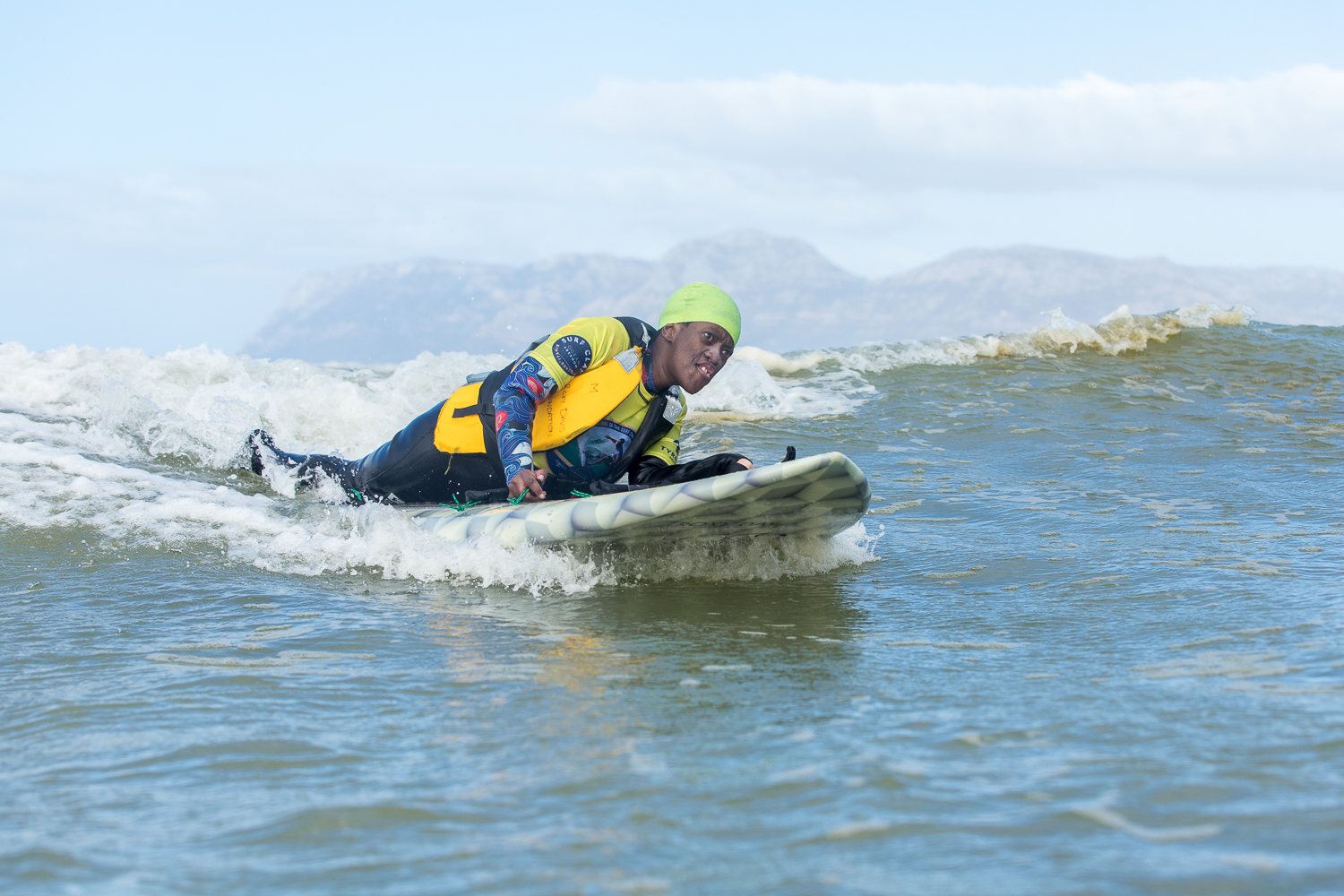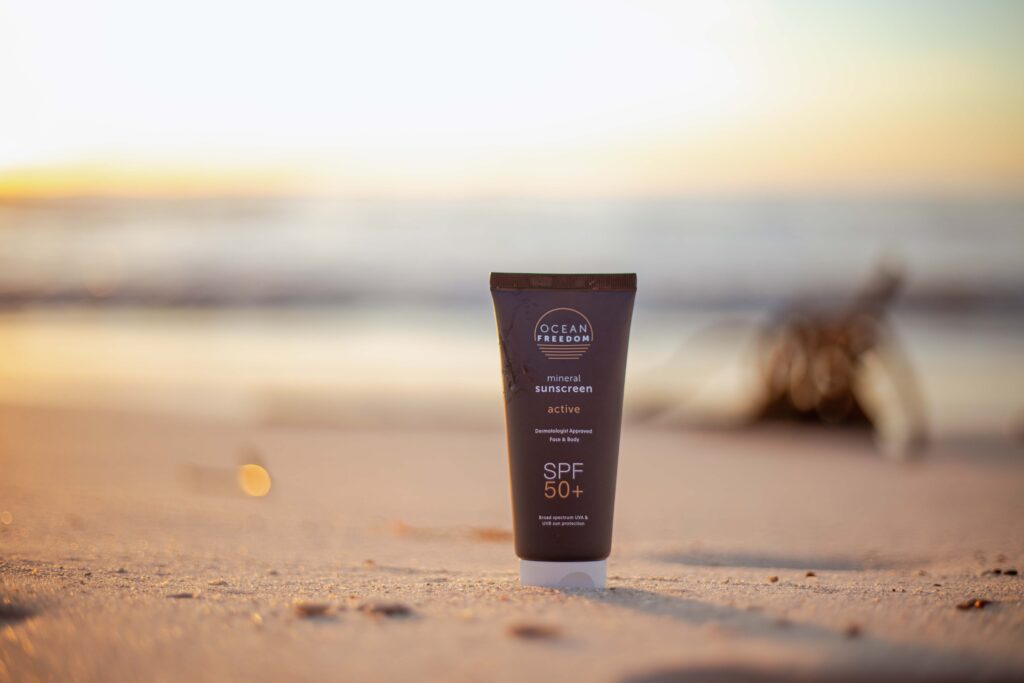PhD Doctoral Dissertation/Thesis
Download Here: https://open.uct.ac.za/items/eca315fc-7193-41d6-9ba4-449436114522/full
| Literature shows evidence of the benefits of surf therapy. However, as it is still a relatively new form of therapy, there is limited research available on it. This absence of literature is particularly evident for children with disabilities in South Africa (Benninger et al., 2020). Therefore, the intention of this study is to contribute to the knowledge gap surrounding research on the effectiveness of surf therapy as a therapeutic tool for children with disabilities in South Africa. While studies conducted in other countries have shown promising results, there is a need for research in the South African context where large health inequalities exist. The research aim was to explore the experiences of children with disabilities who participated in a surf therapy programme in the Western Cape. The research objectives were to: – Explore the effects on children with disabilities during and after participating in a surf therapy programme. – Determine the changes experienced by children with disabilities who participated in a surf therapy programme and by their parents, guardians, and professionals. – Identify the experiences of individuals delivering a surf therapy programme for children with disabilities. – Describe the adaptations of a surf therapy programme for children with disabilities A qualitative participatory research approach was used for this study. The research design was a longitudinal exploratory case study underpinned by interpretive phenomenological analysis. Thirty-five participants took part in the study, namely five children with disabilities, five parents, five professionals, and twenty individuals that delivered the surf therapy programme. The data gathering methods used with participants were Narrative Interviews, the Most Significant Change technique, and Ripple Effects Mapping, respectively. The findings supported the promotion of mental, physical, social, and emotional health through a surf therapy programme. Additionally, participation in the programme had an impact on reshaping participants’ worldview, and the development and mastery of new skills. Three main themes emerged from chapter 4, the analysis of the five children’s narratives: Theme 1: Surfing has taught me to be more myself: promoting mental, emotional, and physical health. Theme 2: People realised they must not underestimate me: Reshaping a worldview Theme 3: Now I like to (am) stress free: Developing new skills. Four main themes emerged from chapter 5, the analysis of the perspectives of the parents, guardians, and professionals: Theme 1: A Sanctuary of Self Discovery: Personal growth and development. Theme 2: Broadening the horizon: Noteworthy and meaningful changes that happened outside of the participants’ surfing environment as well as social changes experienced. Theme 3: Beyond the barriers: The viewpoint of changed perspectives and new realisations. Theme 4: An open door: The areas of change and their significance, as well as areas the programme participants attribute to this change. Six main themes emerged from chapter 6, the experiences of the individuals delivering the surf therapy programme for children with disabilities: Theme 1: It is both a learning and a teaching experience: Skills development and mastery for the individuals delivering the surf therapy programme. Theme 2: Being unapologetically who you are: Experiences of positive affective behaviour. Theme 3: View differently abled differently: Multi-directional interaction which led to transformational changes in how disability is viewed. Theme 4: This is my community, my family: The implications and impact of the surf therapy programme for and on the community. Theme 5: We are a diverse group of like-minded, goal-orientated, collaborative people: Unique qualities of the individuals delivering the surf therapy programme. Theme 6: Our ripple is longer than we think: The positive influence of an individual’s actions continues to have an impact after the initial act of service. The synthesis of findings across these three chapters is discussed in chapter 8. Four key findings emerged: Key finding 1: The ambassador’s journey of change: An example of the effects experienced during and after participating in a surf therapy programme. Key finding 2: Not all scary circumstances lead to a negative outcome: An example of the effects experienced during and after participating in a surf therapy programme. Key finding 3: The reciprocity of healing: Providing an opportunity for healing as an example of the effects experienced during and after participating in a surf therapy programme. Key finding 4: The ripple is longer than you think: Highlighting the broader impact that surf therapy can have on society. The research also produced a Theory of Change reflecting significant outcomes and impact, and adapted a programme and developed a guide for delivering surf therapy for children with disabilities in South Africa. There are three key implications of the study: Key implication 1: It has already influenced and can continue to influence policy based on the United Nations Convention on the Rights of Persons with Disabilities in South Africa, both locally and nationally. Key implication 2: The guide for delivering surf therapy can be used for the implementation of surf therapy programmes across other beaches in South Africa. Key Implication 3: Participating as volunteers in surf therapy can provide students with practical disability-inclusive experience in relation to their field of study |



